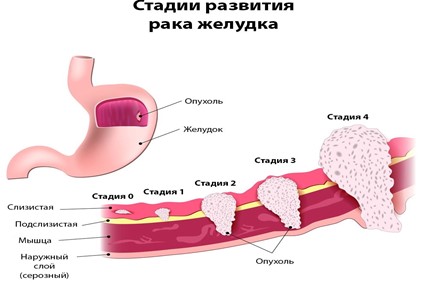
Diabetes mellitus is a chronic endocrine disease accompanied by an increased level of glucose in the blood due to an absolute or relative deficiency of the pancreatic hormone insulin, and/or due to a decrease in the sensitivity of the target cells of the body to it.
Glucose is the main source of energy in the human body. We get glucose by eating foods containing carbohydrates, or from our own liver, where glucose is stored in the form of glycogen. In order to realize its energy function, glucose must flow from the bloodstream into the cells of muscle, fat, and liver tissues.
There are two types of diabetes mellitus:
• type 1 diabetes mellitus occurs due to insufficient insulin production by the pancreas,
• type 2 diabetes is more common. It is characterized by the fact that insulin is produced not only in the necessary, but also in a larger volume, but it does not find use, since tissue cells do not assimilate it.
Risk factors for diabetes mellitus
• Age over 45 years
• Obesity (in the presence of obesity of the I degree, the risk of developing diabetes mellitus increases by 2 times, at the II degree – by 5 times, at the III degree – by more than 10 times)
• High cholesterol
• Arterial hypertension
• Hereditary predisposition (in the presence of diabetes mellitus in parents or close relatives, the risk of developing the disease increases 2-6 times).
The main symptoms:
• Polyuria (excretion of more than 2 liters of urine per day)
• Polydipsia (feeling thirsty, drinking more than 3 liters of water per day)
• Polyphagia (increased appetite)
Possible symptoms:
• Dry mouth
• Weakness
• Itching of the skin and mucous membranes
• Drowsiness, fatigue
• Long wound healing
• Recurrent fungal skin diseases
• Visual impairment
• Rapid weight loss on the background of habitual nutrition (type I diabetes)
• Urine acquires a faint smell of acetone (type I diabetes)
• Obesity (type II diabetes)In a healthy person, the level of glucose in the blood on an empty stomach (in the morning, after a night of fasting for 8-14 hours) does not exceed 6.1 mmol / l, and 2 hours after taking any food, there are no complications of diabetes mellitus
Complications develop gradually, very often – imperceptibly for the patient, for 10-20 years, while maintaining a high level of glucose in the blood. As a result , the following diseases develop:
• Cardiovascular diseases (atherosclerosis of blood vessels, coronary heart disease, myocardial infarction)
• Atherosclerosis of peripheral arteries, including the arteries of the lower extremities
• Microangiopathy (lesion of the smallest vessels)
• Diabetic retinopathy (decreased vision as a result of retinal damage in the form of microaneurysms, spot and spot hemorrhages, edema, formation of new vessels)
• Diabetic neuropathy (impaired nerve conduction leading to decreased sensitivity, dryness and peeling of the skin, pain and cramps in the extremities)
• Diabetic nephropathy (excretion of protein in urine, impaired kidney function)
• “Diabetic foot” (ulcers, purulent-necrotic processes) against the background of damage to peripheral nerves, blood vessels, skin, soft tissues
• Infectious complications (frequent pustular skin lesions, nail fungi)
• Comas (diabetic, hyperosmolar, hypoglycemic)
• Diabetic ketoacidosis (a severe condition that leads to loss of consciousness and disruption of vital functions of the body, developing due to the accumulation of intermediate fat metabolism products in the blood)
Methods of prevention
• Healthy eating (low-carb diet)
• Monthly monitoring of blood glucose levels (more than 6.1 mmol/ l on an empty stomach is a reason to consult a doctor)
• Physical education classes (at least 30 minutes, at least 5 days a week)
• Quitting smoking.




